Challenging Stereotypes and becoming more inclusive in your mindset.
Let's break free from the mold and challenge the stereotypes that hold us back from truly being inclusive.
We may not be experts in psychology or therapy, but through years of self-improvement and engagement with marginalized groups and advocacy organizations, we've gained valuable insight on the ways in which unconscious biases, prejudices, lack of information, and societal influences shape our beliefs and actions.
These deeply ingrained values can lead to exclusive behavior, but it doesn't have to be that way. With a little bit of self-awareness and effort, we can actively work to become more inclusive in our thoughts and actions, and create a more harmonious and equitable society for all.
Let’s do an example of ableism in language
We use language every day without even realizing the impact it can have on others. Certain phrases and words can carry hidden biases and judgments that can be hurtful to people with disabilities. Let's take a look at some common examples of casual ableism in language:
"My life has just been crazy lately!" - Instead of using the word "crazy," try saying "hectic" or "chaotic"
"Seattleites drive like lunatics!" - Instead of using the word "lunatics," try saying "aggressively" or "recklessly"
"He can be a real moron, can't he?" - Instead of using the word "moron," try saying "ignorant" or "uninformed"
"Who came up with that idiotic idea anyway?" - Instead of using the word "idiotic," try saying "foolish" or "unwise"
"Totally spazzed out?" - Instead of using the word "spazzed out," try saying "panicked" or "became anxious"
"It's starting to drive me mad" - Instead of using the word "mad," try saying "frustrated" or "irritated"
"The trainer was a total disorganized nutter" - Instead of using the word "nutter," try saying "unorganized" or "chaotic"
It's important to remember that language is a powerful tool, and by being mindful of our choice of words, we can create a more inclusive and respectful environment for everyone. next time you find yourself using any of this kind of words, stop and think if it's really necessary, or if there's a different more adequate expression, you can use instead.
Consider the emotional impact that these words might have on someone who has experienced ableism in their life, and do our part to help make the world a more inclusive place for all.
Congratulations on taking the first step towards becoming more inclusive! It can be tough to confront our own unconscious biases and beliefs. Sometimes, when the way we see the world is challenged, it can create an emotional response, like feeling defensive or wanting to argue.
But, acknowledging that feeling and recognizing it as cognitive dissonance is a key step in creating a more inclusive mindset. It's important to understand that this journey of understanding and inclusivity is ongoing and requires continuous effort, introspection, and willingness to change.
You now have a choice - you can either choose to hold onto your beliefs and ignore the perspectives of marginalized groups, or you can choose to actively work on becoming more empathetic and understanding of the ways in which certain phrases or actions can be harmful. Remember, it's not about being perfect, it's about being willing to learn and grow.
The good thing is that now you are aware and more conscious of how your language might impact people with disabilities, and you have the opportunity to make a difference in your interactions with them. Every small step you take towards inclusivity is a step in the right direction. Keep learning and growing, you got this!
What to do if your ingrained beliefs and values are being challenged and you genuinely want to become more inclusive
Self-improvement is a journey and it's great that you're taking steps towards creating a more inclusive mindset. Here are a few tips on how to get started:
-
Listen actively: One of the most important things you can do is actively listen to marginalized voices. Without truly listening to what they have to say, it's impossible to show genuine empathy, understanding, and acceptance. Keep an open mind and be willing to hear different perspectives.
-
Apologize and own up to your mistakes: If someone feels that you've said or done something inappropriate, the correct response is to apologize immediately. Own up to your actions, take responsibility and try to learn from the experience. Remember, "I'm sorry you feel that way" is not an apology.
-
Educate yourself: It's not the responsibility of marginalized groups to educate you, so take the time to research the topic and understand it from different perspectives. Seek out resources and information from credible sources, and don't hesitate to ask for recommendations from the person who called you out.
-
Reflect internally: Once you have more information, take time to reflect on why your beliefs and values were challenged. Consider any internalized biases you may hold, and where they came from. Reflecting on your beliefs and privileges is an ongoing process, that will help you to improve over time.
-
Keep learning and growing: Creating a more inclusive mindset takes time, and it's important to continue to do the work. Reflect on your language and actions, and be mindful of how they might be harmful to others. When called out, respond with empathy, openness, and acceptance. The more you learn and grow, the better ally and safe space you'll be for marginalized voices.
All of this might sound hard and uncomfortable at first, but it will get easier as you continue to practice, learn and grow. This process of change, is not about changing who you are, but about being more mindful and sensitive to others in your language and actions. You are not alone, and every small step you take towards inclusivity, is an important step in the right direction. Keep it up!
Resources
Here are some great resources that shed and summarise the issues when it comes to individual bias and prejudice.

